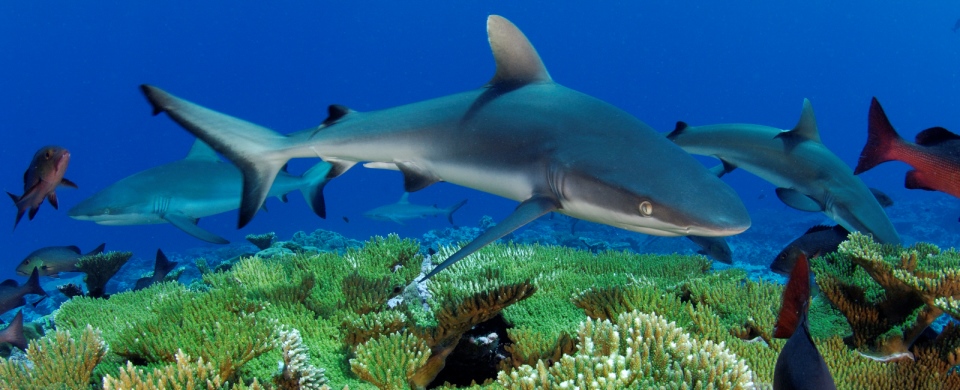On September 24, 2014, the administration of President Barack Obama announced it would expand protections for the Pacific Remote Islands Marine National Monument. The president extended the boundaries around three of the monument’s five marine reserves—Johnston Atoll, Wake Atoll, and Jarvis Island—from the area 50 miles from shore, designated by President George W. Bush in 2009, to 200 miles from shore.
Taken together, the expanded protections for the waters around these atolls and islands—which are not contiguous—provide approximately an additional 408,000 square miles (approximately 1,050,000 square kilometers) to the monument. With this announcement, the amount of U.S. ocean territory highly protected doubled, from about 6 percent to 15 percent.
Research shows that highly protected marine reserves are essential to rebuilding the abundance and diversity of ocean species and increasing the resilience of habitats and ecosystems to climate change. Healthy oceans also have a greater ability to sequester carbon dioxide and generate oxygen.
The Pew Charitable Trusts worked with scientists, stakeholders, and the public to ensure that the Pacific Remote Islands Marine National Monument received the additional protection it deserved.
Our Work
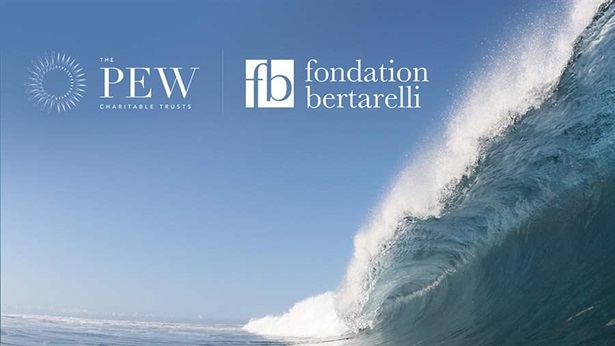
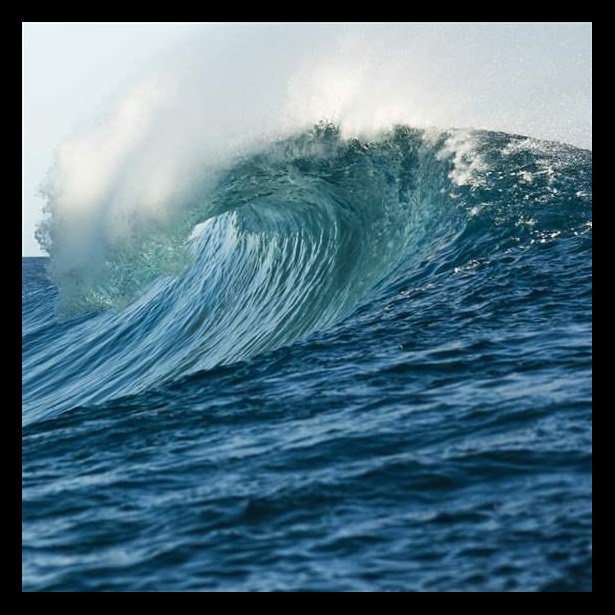
Pew Bertarelli Ocean Legacy
Pew and the Bertarelli Foundation have joined forces in a new partnership with the goal of increasing the number of fully protected parks in the sea from nine to 15 by 2022.
Learn More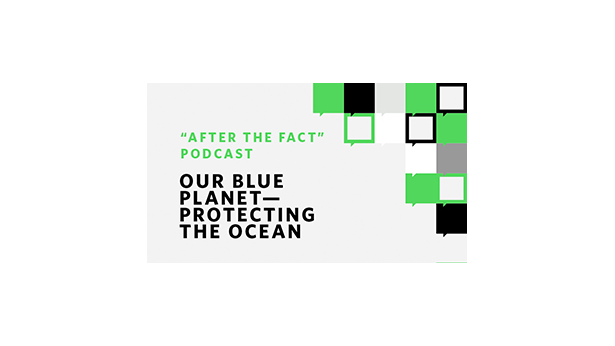
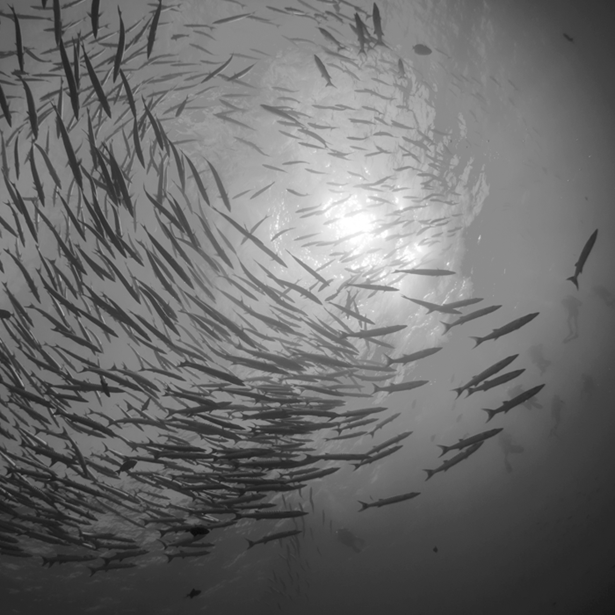
Our Blue Planet–Protecting the Ocean
Episode 6
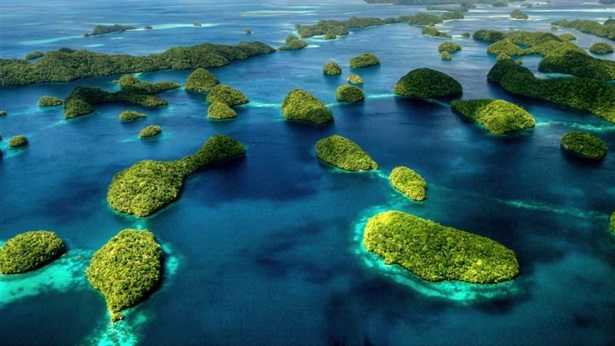
Global Ocean Legacy works with local communities, governments and scientists around the world to protect and conserve some of our most important and unspoiled ocean environments.
Learn More
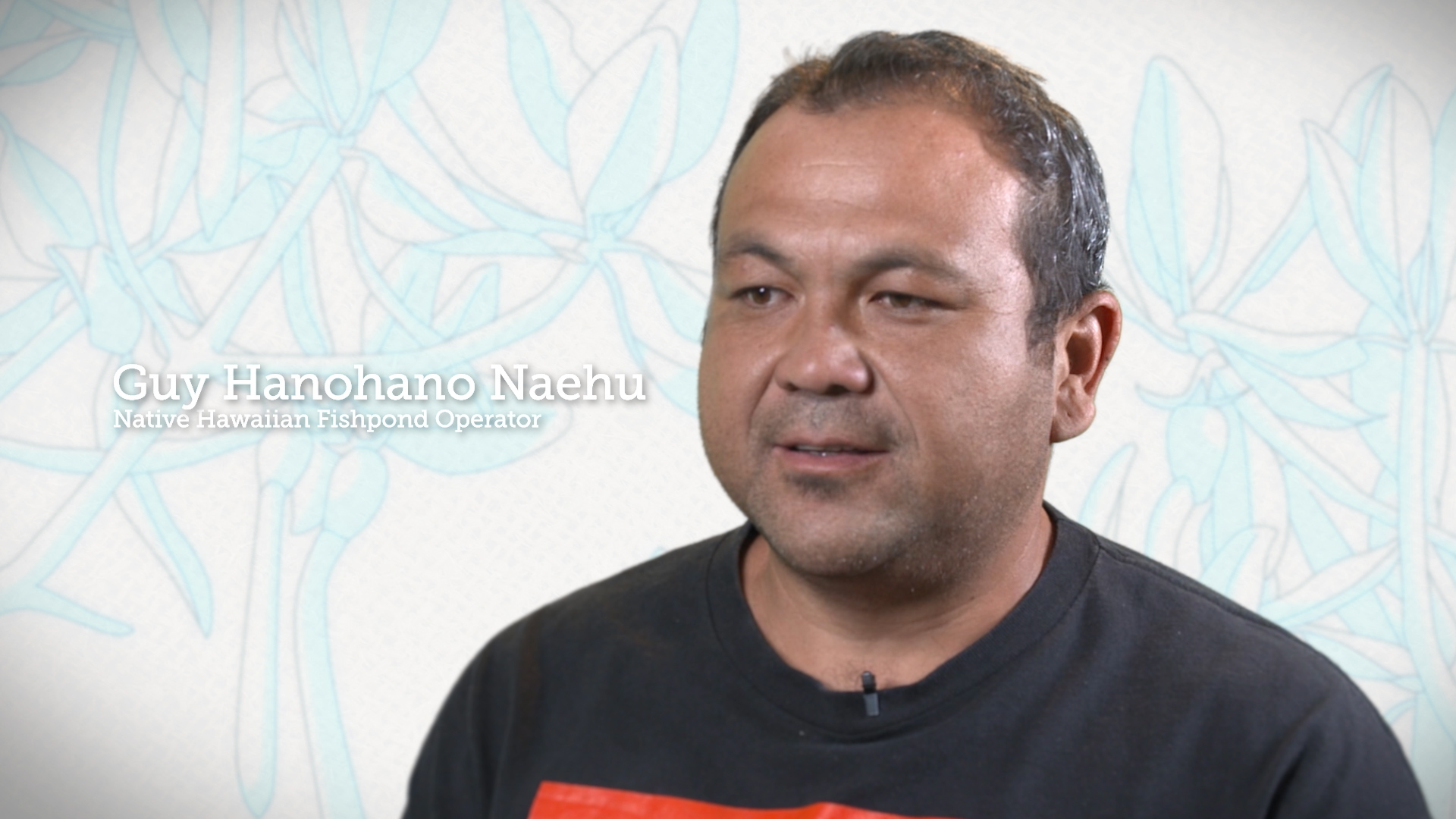
This video is hosted by YouTube. In order to view it, you must consent to the use of “Marketing Cookies” by updating your preferences in the Cookie Settings link below. View on YouTube
This video is hosted by YouTube. In order to view it, you must consent to the use of “Marketing Cookies” by updating your preferences in the Cookie Settings link below. View on YouTube
